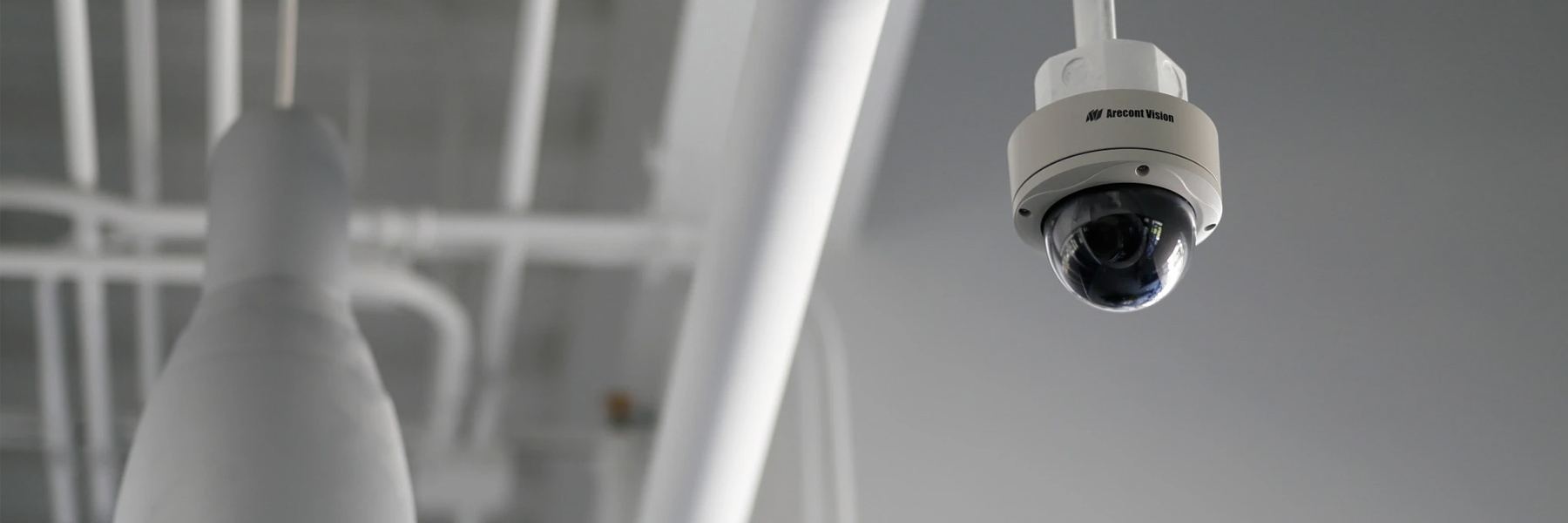Video and electronic surveillance at Indiana University
The four primary goals of our video and electronic surveillance systems are to:
- Respect personal privacy
- Increase the safety of individuals and security assets
- Improve the university’s ability to prepare for and respond to emergencies
- Improve operational efficiencies and effectiveness
Our university-wide policy on video and electronic surveillance, PS-02, states that these technologies are used for public safety, security, public convenience, and/or operational effectiveness purposes, or a combination of these uses. Any systems deployed for these purposes must comply with this policy.


